Law plays a crucial role in any civilized state. In the Russian Federation, the rule of law is established, according to which all spheres of public life are strictly regulated by law. This principle will be described in detail in the article.
On the formation of laws
The rule of law is a fundamental principle of legality. In the state, something cannot exist that would have a force greater than the law. But what are laws, and how exactly are they formed? First, pay attention to the Constitution. This is the main state law, the provisions of which must comply with all other regulatory acts of the country.
The second most important law is a set of codes. Codes govern various public relations. In Russia, there are civil, administrative, criminal, family, land and other types of codes. Each normative act contains a number of sections and articles that specify specific social spheres.
The third group includes federal laws and various local acts. Such collections of norms are published to regulate certain areas of public relations.
The laws themselves are formed during the legislative process. The process will take different forms, depending on where and why the normative act is adopted.
Rule of law concept
The presented concept cannot have many variations, as it has a specific meaning. This is a kind of doctrine that secures the equality of all people before the law. So, a person cannot be punished if he has not done anything contrary to the law. No one has the right to blame someone for no reason. Moreover, it does not matter what social status a person has, how much he earns, what his worldview, etc. The principle of the rule of law allows you to protect a citizen, to help him gain confidence in the rule of law and justice.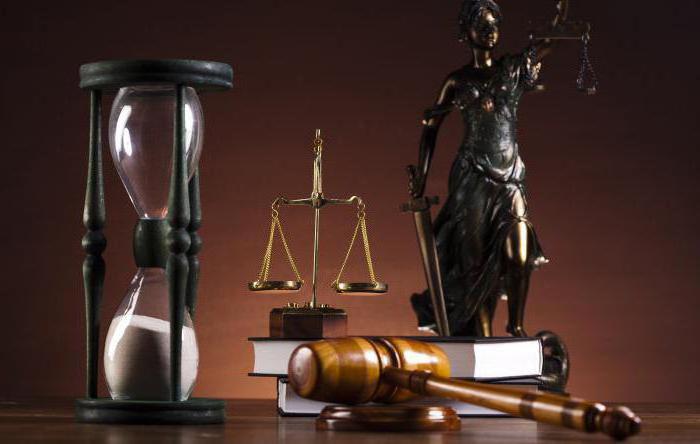
It has the principle under consideration and the second interpretation. So, all normative acts must obey some law, which is considered basic. In Russia, such a law is the Constitution.
History concept
The principle under consideration was developed many centuries ago. One of the pioneers in the concept of the rule of law was the ancient Greek philosopher Aristotle, who declared that "the law should rule." Cicero held the same opinion. His dictum "We are all slaves of the law" became famous.
The concept under consideration was also distributed in the east. The “legists” of ancient China, while in power, imposed severe penalties for a wide variety of misconducts. At the same time, the Chinese considered the law rather a means of sovereigns than a folk instrument of influence on the upper echelons.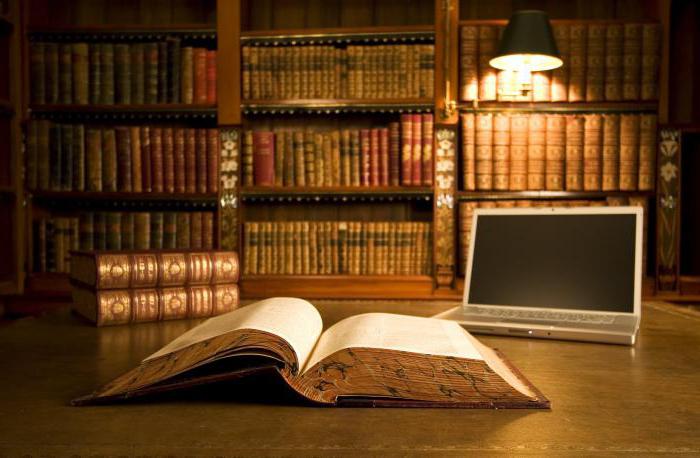
The theories of the rule of law were also held by theologians. Thomas Aquinas, for example, considered the rule of law "an instrument of God", as well as "an established order of nature."
The term "legality" itself began to be used only at the beginning of the 17th century. In 1610, the House of Commons filed a petition to Jacob I, which recognized the law above the monarch. Nevertheless, the king himself considered this concept a "betrayal."
Signs of the rule of law
Compliance with the principle of the rule of law is necessary in any state of law. Such a state has many different signs, among which the main ones are:
- the priority of law over the law (we are talking about the inadmissibility of the contradiction of laws to the main legal act in the country);
- close connection of the legal system and state structure (all state bodies are based on Russian law);
- priority of human rights and freedoms over state interests.
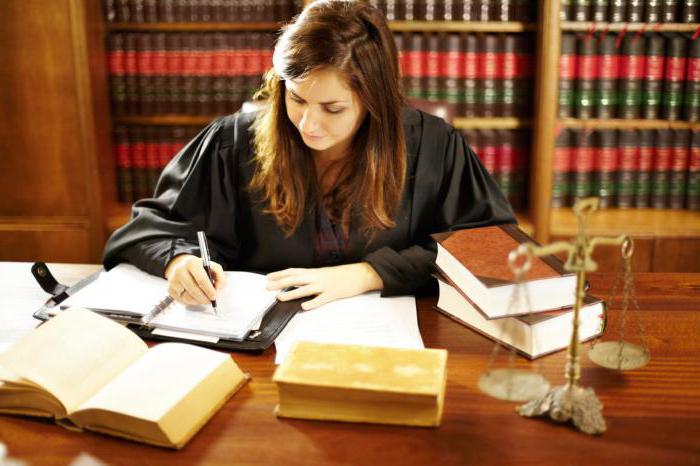
What should be the manifestation of the constitutional principle "Russia - the rule of law"? It is worth paying attention to the following points:
- adopted laws, decrees and decrees must not contradict the law, namely the Russian Constitution;
- the activities of state bodies and officials should be subject to law;
- law enforcement practice of the courts should ensure the protection of violated rights.
All the conditions presented characterize the rule of law.
About the role of the principle
The principle under consideration is far from valid in all state entities. The rule of law can only be ensured in countries where a liberal or democratic legal regime prevails.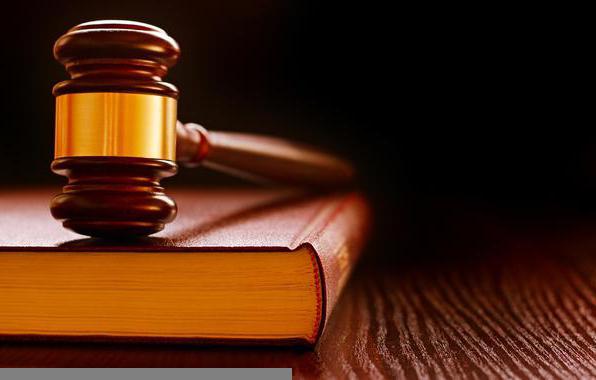
What role does the rule of law play in any state? Most importantly, the principle presented will not allow the collapse of the country and arbitrariness. If lawmakers get the opportunity to adopt absolutely any normative acts, then chaos will simply begin in the state. At the moment, representatives of legislative activity are limited in their rights by the provisions of the Constitution.
Do not confuse the rule of law with the priority of law. In the first case, we are talking about the compulsory implementation of regulations, and in the second - about the need for laws to comply with the norms of the Constitution.
The validity of the principle
The rule of law must also be legal. In this case, it is about compliance with international legal standards. Thus, article 15 of the Russian Constitution speaks of the priority of global norms over national ones.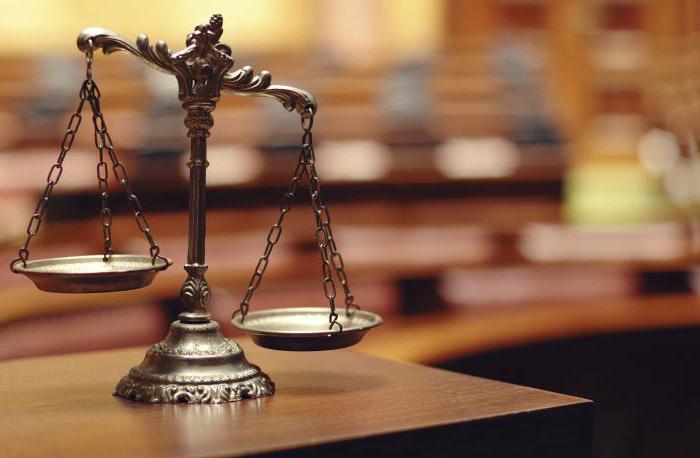
A major role in the implementation of the principle under consideration is played by law enforcement practice. The decisions of the Plenum of the Supreme Court of the Russian Federation, Constitutional Law, as well as courts of general jurisdiction must be made strictly in accordance with the provisions of the country's main law. No conflicts should be allowed between federal laws or treaties of an international character.
The principle of the supremacy and priority of law gives rise to many other principles, in particular: constitutionality, independence of judges, humanity, the priority of international law, as well as the separation of powers.
The rule of law: problems with the concept
It is easy to guess that one principle of the supremacy of legal foundations for the effective functioning of the state and judicial system will not be enough. The principle will be ensured only if a special consciousness is formed in the Russian citizen. A high level of legal culture among the population is what really helps the state system.
With the concept itself, according to various experts in the field of jurisprudence, there are many difficulties. The main problem is the presence of a large number of legal conflicts and legal holes. Many provisions of various federal laws still do not comply with the basic law of the country. However, the legislators themselves do not pay any attention to such a problem.
Putting the concept into practice
The principle of the rule of law and law in a state of law should be applied continuously. What particular cases exist related to the legal concept under consideration?
Firstly, absolutely every Russian citizen has the opportunity to take any action based on the legislative framework of the country. Secondly, all normative acts - including local, regional, governmental and others, must comply with the provisions of federal laws. 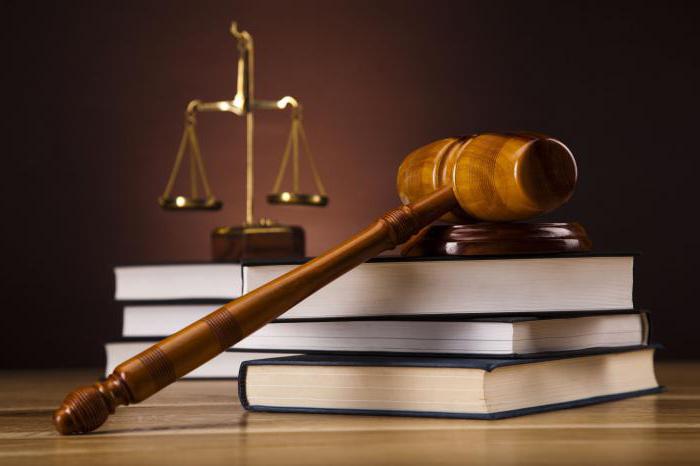 It turns out a kind of hierarchy in which the subordinate laws obey the higher ones.The main law here is the Russian Constitution. At the same time, absolutely any citizen can declare that a law does not comply with the established standards. It will be enough to go to court and indicate possible violations.
It turns out a kind of hierarchy in which the subordinate laws obey the higher ones.The main law here is the Russian Constitution. At the same time, absolutely any citizen can declare that a law does not comply with the established standards. It will be enough to go to court and indicate possible violations.
Not all legal principles are implemented in practice. However, the rule of law and the rule of law are exceptions here. Citizens are constantly faced with laws and their correlation.
Securing the Principle Today
World Justice Project - an international non-governmental organization, annually publishes interesting statistics. In 2012, information was provided on which countries are most committed to the rule of law. Statistics was built on the basis of a variety of indicators. It is worth paying attention to the following factors:
- level of order and security;
- fundamental rights;
- state openness;
- level of corruption crimes;
- justice of justice (in particular, criminal and civil);
- government openness, etc.

The top lines of the ranking were occupied by the countries of Scandinavia: the Netherlands, Finland, New Zealand, Sweden, etc. The situation with the Russian Federation is not the best. Of the 97 countries indicated in the ranking, our state does not go beyond the 65th place. A few years ago, even took 92 line. Neighboring in the ranking of Russia is with countries in Asia Minor and Central Asia, Africa and Eastern Europe.